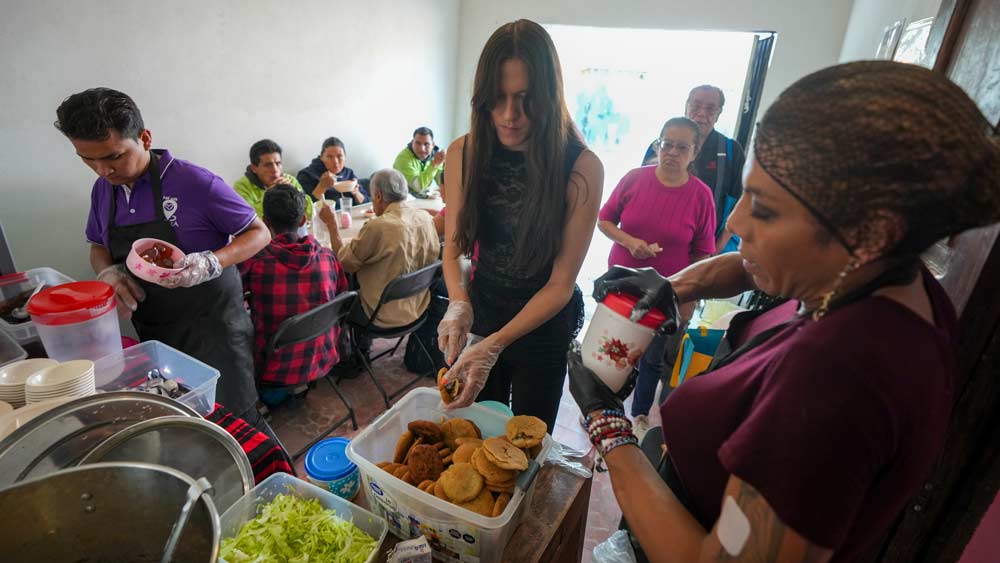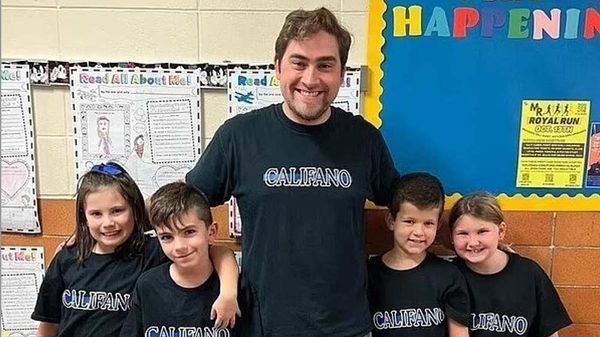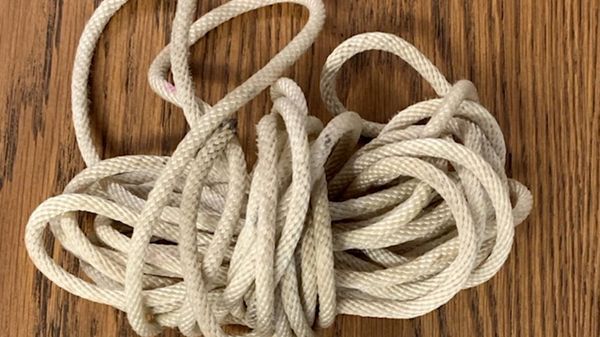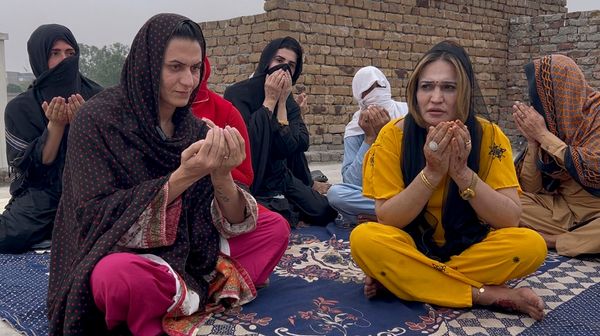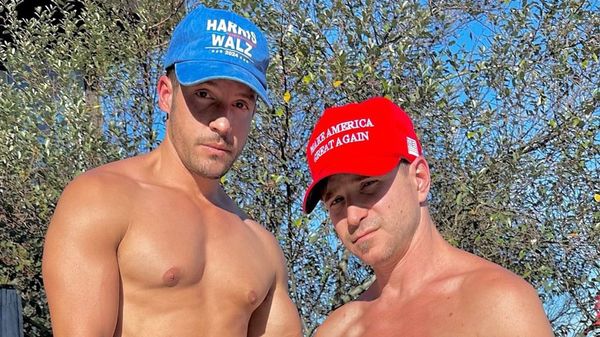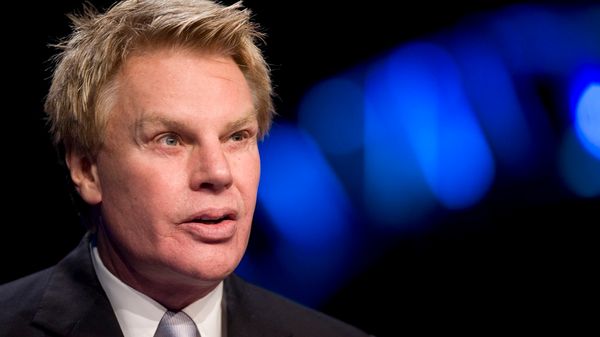June 12, 2008
The Tskinny from Tsongas
Michael Wood READ TIME: 4 MIN.
Given that this year's Democratic State Convention on June 7 took place in Congresswoman Niki Tsongas's hometown of Lowell - at the arena named for her late husband, gay rights champion Sen. Paul Tsongas, in fact - we thought that now was as good a time as any to catch up with the newest member of the Massachusetts congressional delegation. Since being sworn into office as the 5th Congressional District Representative last October, Tsongas has already established a track record on LGBT rights, voting in favor of the Employment Non-discrimination Act (ENDA), following through on a campaign pledge to cosponsor the Military Readiness Enhancement Act (MREA), which would repeal the military's "Don't Ask, Don't Tell" policy, and last week becoming an inaugural member of the new House LGBT Equality Caucus, a group founded by openly gay congressional Reps. Tammy Baldwin and Barney Frank. Tsongas sat down for a quick chat in the arena not long before taking the stage to address the convention. Below is a slightly edited transcript of the interview.
Q: What prompted you to join the LGBT Equality Caucus and what do you hope to do as a member?
A: Well as they were forming it they reached out to many of us, I mean to all of us, anybody could sign on that wanted to. And I feel like it's a good sign that it's over 50 members at the outset. We did have a press conference to announce it and I think we will just be looking at all of the equity issues, whether it's Don't Ask, Don't Tell, whether it's repealing the defense of marriage act, whether it's continuing to work on the Employment Non discrimination act in all the different ways that it can come up. But for those who've been in Congress a while it was interesting for me to hear that they were very impressed that so many had become a part of the caucus so quickly.
Q: Massachusetts is one of the most gay-friendly states in the country. What's it like to represent such a blue state in Congress, where there's much more diversity of opinion on LGBT rights?
A: You have to remember the Employment Non-discrimination Act did pass on the floor of the House and that was actually for me ... a very touching moment because Paul had been the first U.S. senator to file similar legislation back in 1979. In fact when I went to congratulate Barney Frank on the passage of the bill, he said, 'You know, this was Paul's bill.' So it tells you how long it takes to achieve this kind of change and yet the bill did pass the House and we're a disparate group, so we have come a long way. And at this point I do believe the House of Representatives in total has assumed a leadership role and the caucus is reflective of that in a more, I think, probably a more formal organization as to how we move these things forward.
Q: Since you bring up ENDA - I don't know how close you are to all of the controversy surrounding that bill given that the gender identity/expression provision - which you support - was removed from it. What did you hear from constituents and policy advocates about what version of the bill should be passed?
A: I'd have to look back at the total numbers but I think most of the calls we were getting were including the broadest language. I supported that effort; it failed. And so then you're left with sort of the choice that we had to make as to whether or not to go for that which was in it, as opposed to defeating it overall. So you make these choices. But I believe most of what we heard probably - and again I'd have to check - was around the broadest language.
Q: Really. So how did you feel about that compromise?
A: It was very early on when I had just arrived [in Congress]. We face those challenges over and over and over again. And I think at some points we make compromises that are not perfect; we do it in the interest of progress even, if it isn't complete progress. So when we look at 1979, when Paul first filed the legislation to where we are today, that's significant progress. Do we have further to go? Absolutely.
Q: You also followed through on a campaign promise to sign on to the "Don't Ask, Don't Tell repeal." You did that pretty early on. Why was it important to make that priority?
A: We get requests to sign on to legislation in bucket loads. This was a piece of legislation that we committed to and once we got settled into office and had people in place and just sort of learned the nuts and bolts of sponsoring legislation we wanted to that, and so we did.
Q: You're on the armed services subcommittee. Do you see that legislation going anywhere? It's never had a subcommittee hearing.
A: A woman named Ellen Tauscher, she's a member of Congress from California, has taken it on as a passion of hers. I know that she will pursue it, but she's also the chairman of another subcommittee [the Strategic Forces Subcommittee] and I think is obviously weighing her priorities at this point. I think some of this [delay] is deferring to the presidential [election] process and then re-engaging around that issue again.
Michael Wood is a contributor and Editorial Assistant for EDGE Publications.
